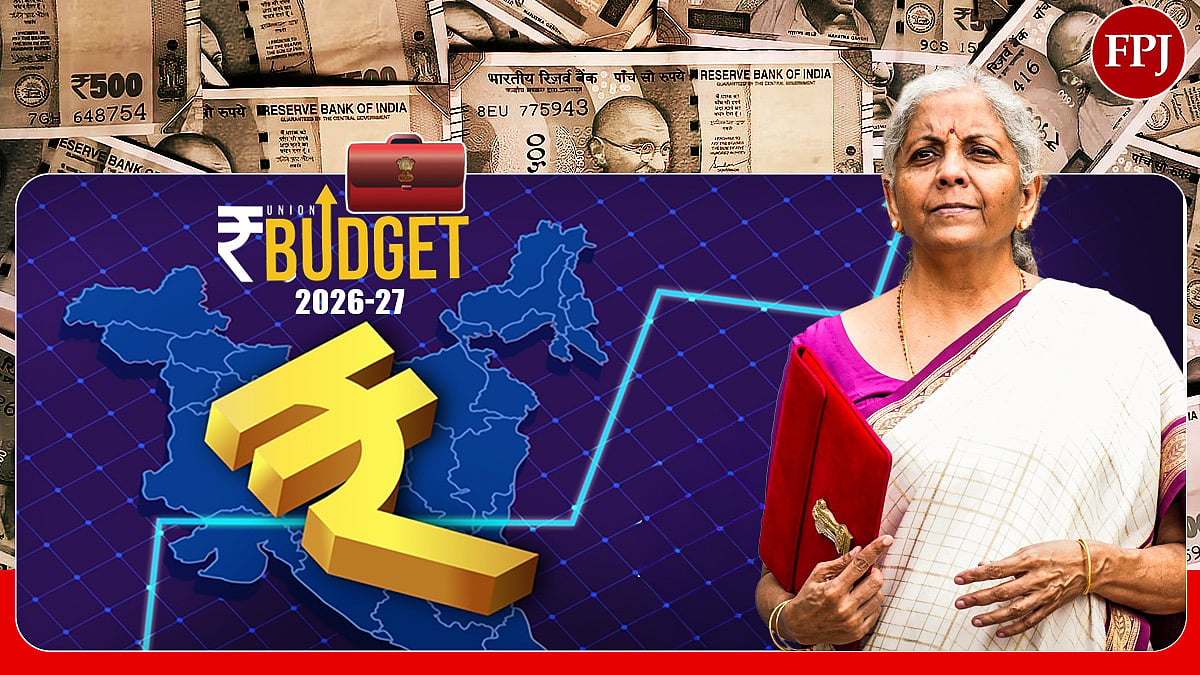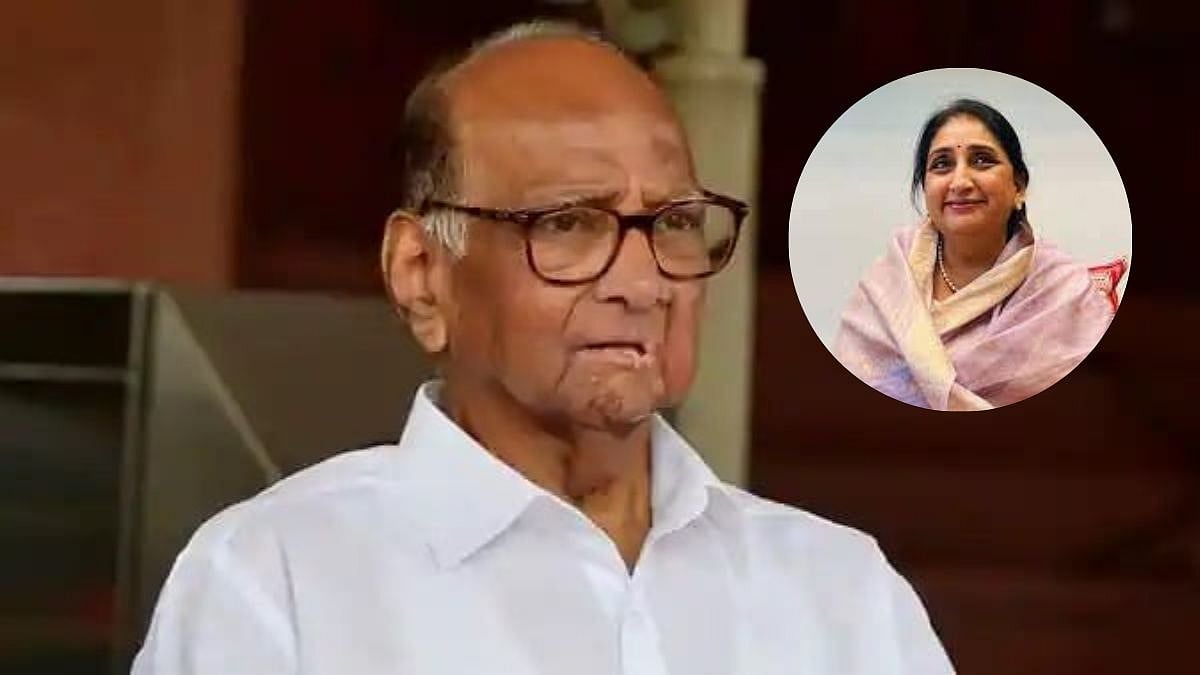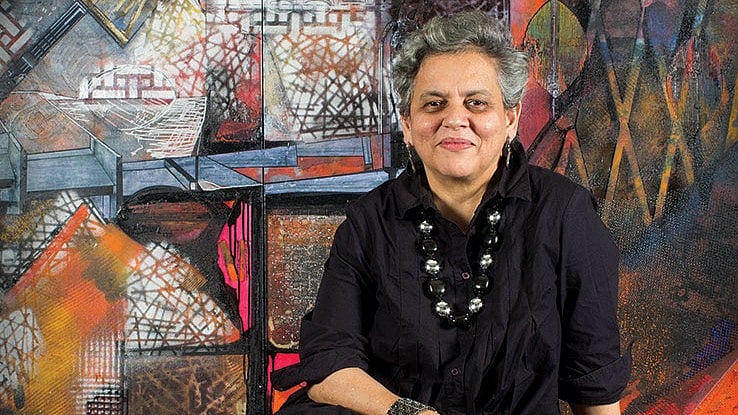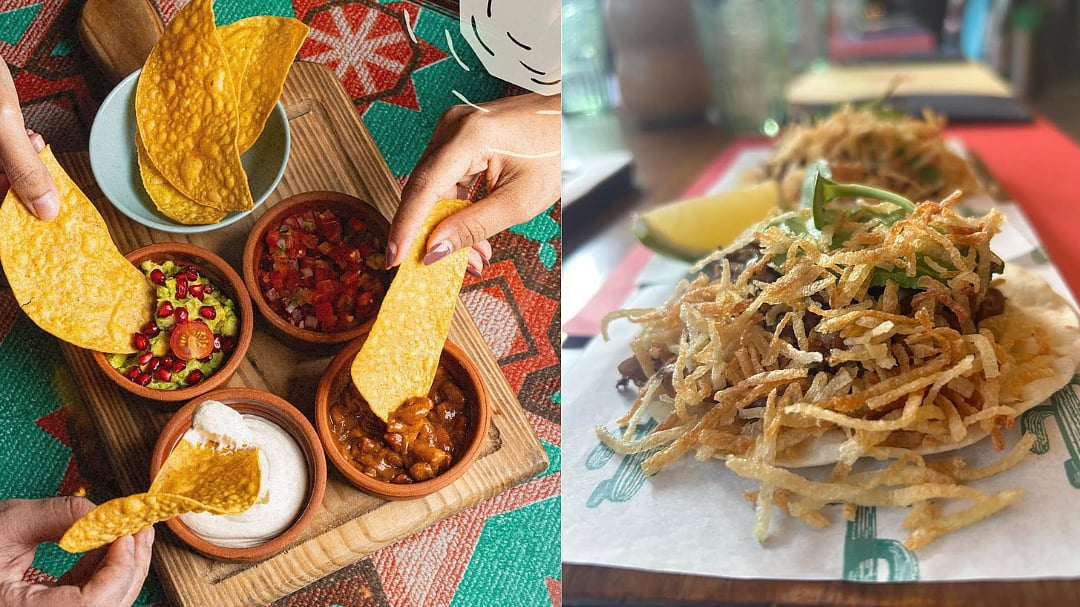Digital strategist Jure Klepic stated – “What happens in Vegas stays in Vegas; what happens on Twitter stay on Google forever!” And social media posts can raise its ugly head to bite you back. And Indians are realising this the hard way.
Recently, Rashmi Samant got elected as the President of the Oxford University Student Union. But her social media posts and remarks that went viral were deemed ‘racists’ and ‘insensitive’. These included holocaust reference in a post while visiting the Berlin Holocaust Memorial, her Insta photo in Malaysia that had the caption ‘Ching Chang’ and criticism regarding her campaign post caption separating women and trans women following the University’s LGBTQ+ campaign. She had to step down and later spoke about constant cyber bullying making her return to Oxford a tough task.
We need to dig deep on the issue of ‘racist’ or ‘insensitive’ posts by Indians.
Episodic talk
Are Indians really prone to making such remarks online unwittingly? “Indians have had strong cast system, been subject to racism for years and have had innumerable superstitions and beliefs especially when it came to women, religion and caste,” states Sanjeet Ray, a certified mindset coach. “So, most of us are racist even if we don’t want to be or are unaware of it.”
He thinks we are also known for insensitivity. “More than a few generations have struggled... for freedom, to survive, to live a good life. We have always believed that life is a race and we need to do whatever it takes sustain. That approach tends to make you insensitive. Unlike many developed nations, we did not have the liberty to wait, stop, reflect or have compassion. We have been victims of our history and conditioning but it’s beyond time we start working on rewriting our scripts and making change before we burn out.”
Ritesh Ujjwal, Co-Founder and CEO, Kofluence – an influencer marketing platform, thinks our general mentality is of not giving racist slurs the status of a serious offence. “It is more of an essence of comedy or friendly batter between individuals. Typically it can be seen that it is more pronounced and concentrated to the lesser educated sections of society. That’s not to say that it doesn’t exist at all in other sections, but it is much more subtle. It does show lowered sensitivity of different cultures which actually is ironic given that we’re having multiple cultures within our country itself.”
Social media impact
Ankit Agarwal, founder, Do Your Thng – a tech-driven branded content marketplace, calls social an open platform mostly used without filters. The result is ‘an absolute embarrassment of detritus’. “What people don’t realise is that once you publish something on social media, it becomes public information. Even if you delete a post within seconds, someone out there has already taken a screenshot, and it will come back to bite you. That’s why everyone should take heed not to abuse the power that comes with social media.” He rightly states that the resultant ripples cross national boundaries thanks to borderless internet.
According to Ritesh, Indians are still oblivious to the dangers of postings insensitive posts for global viewing. “Not only does it reflect poorly on the individuals in question but the country’s mindset as a whole. The power of social media is the ease with which message can be broadcasted to an unimaginable scale and thereby individuals should be extremely sensitive while sharing anything which can evoke alienating emotions.”
Social media, Ray states, gives everyone huge powers. “But we cannot just say whatever comes to us without even a second thought. We need to understand everyone has a very different journey and worldview. We need to respect that we are all different people. Us being irresponsible or blindly following the herd can lead to misery for others and tarnish reputations. It can also end lives.”
Make the change
Ankit calls majority esp. youngsters insensitive, due to the lack of moral filter. “We need to pick up the mantle of creating a set of guidelines that teach social media responsibility. It is time we had more platforms to be the loudspeakers on the etiquettes of using social media. When you make users aware of the right or wrong thing to post, the change in mentality will automatically come.”
The first step suggested by Ray is to be self-aware and take breaks to detect the resultant ‘collateral damage’. “We need to realise two things very well; one being we don’t know it all and our opinions are not the ultimate ones. Two is that we all need to take that essential pause and question our thoughts and actions. We need to make an effort and question the part of our conditioning that is hurting us and others.”
Ritesh too focuses on being careful. “It progresses further with self-introspection and changing the mentality towards the particular subject, and finally ends speaking out against such acts and when they see it happen thereby channelling the same three stages into other sections of society resulting in a country filled with people who are sensitive when it comes to other people’s feelings.”
Final advice
Ritesh reinterprets Peter Parker’s quote – With great power (Read: Social media) comes great responsibility. “While individual opinions are certainly respected, we should evaluate thoroughly whether I am going to hurt anyone’s sentiments.”
Ankit has just one simple thumb rule. “Ask yourself, “Would you say this while standing on a stage in front of thousands of people and on record?” If the answer is yes, then go ahead post the Story, podcast, Tweet or post. If you are in doubt, then leave it out!”
It’s time social media becomes a platform to unite people in a sensitive manner.









